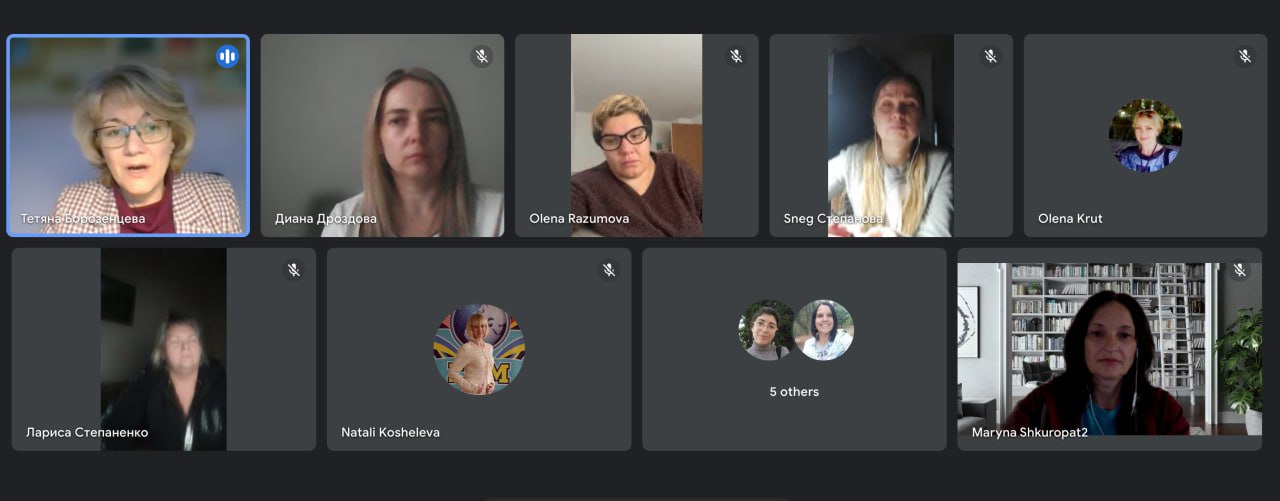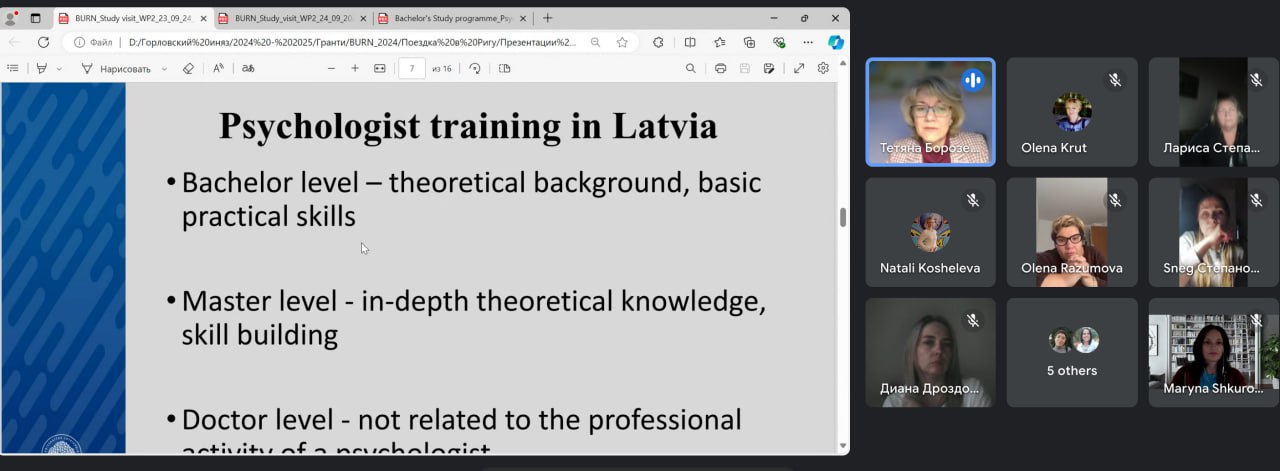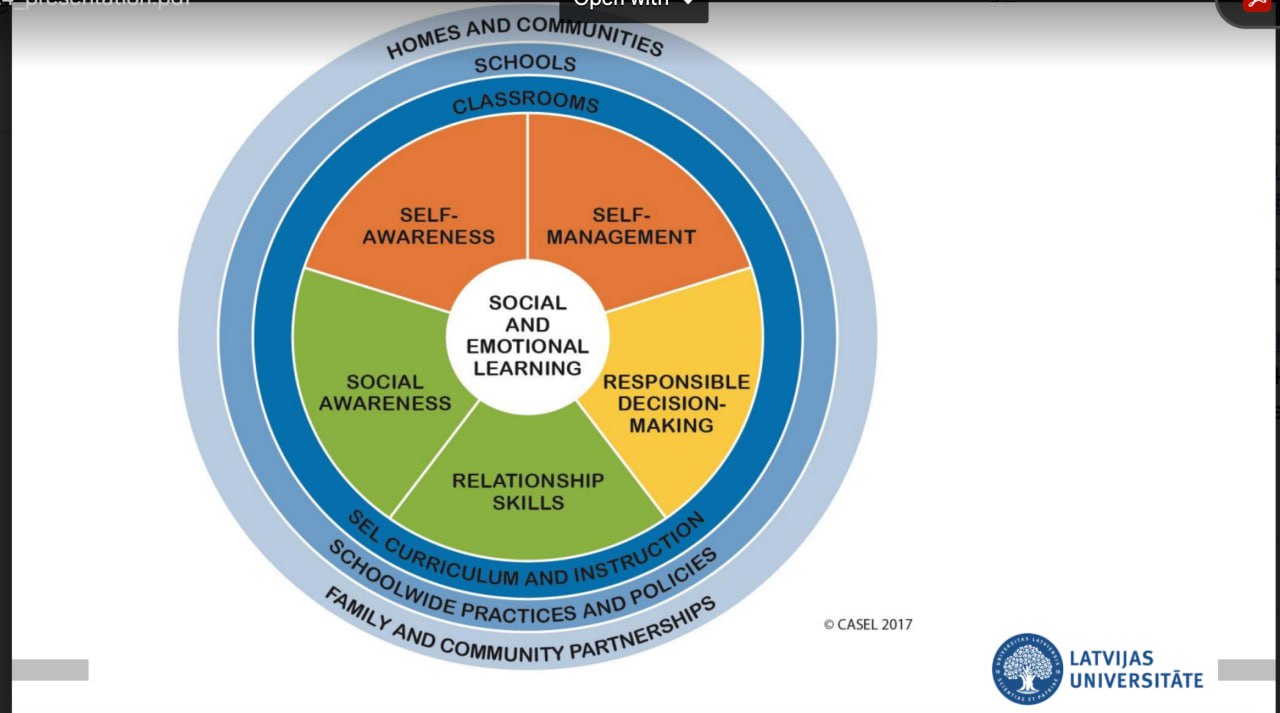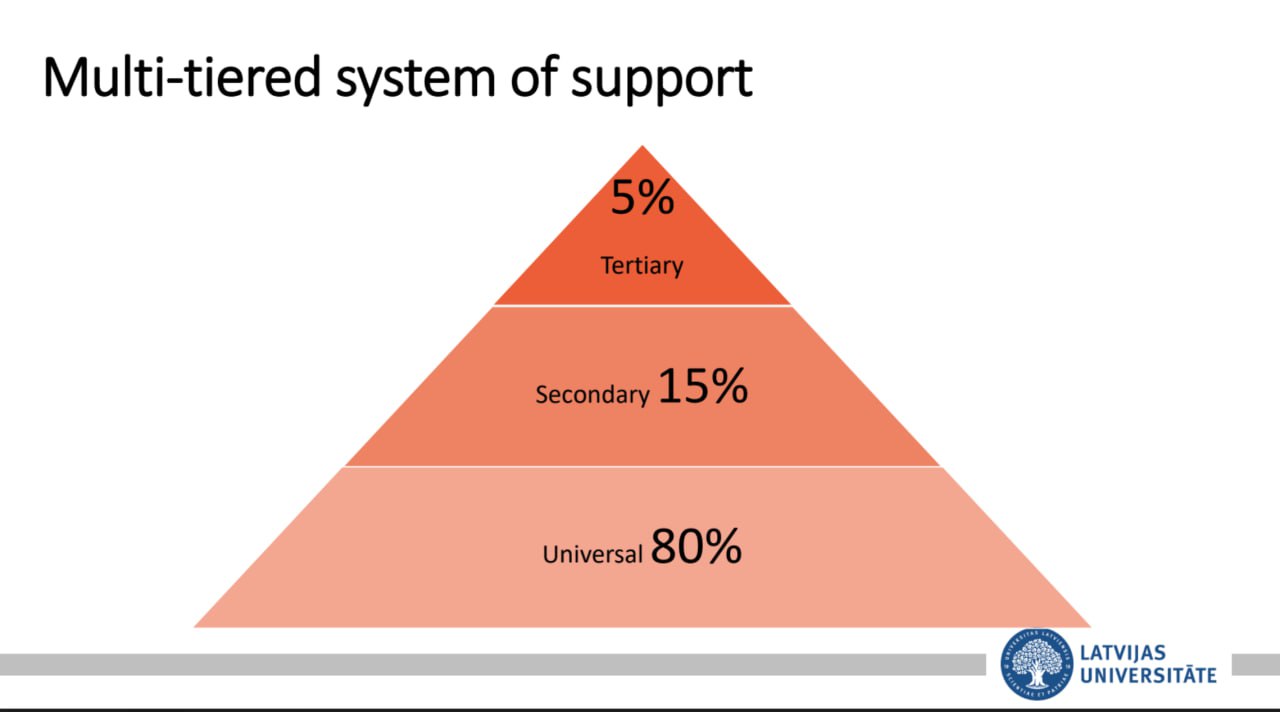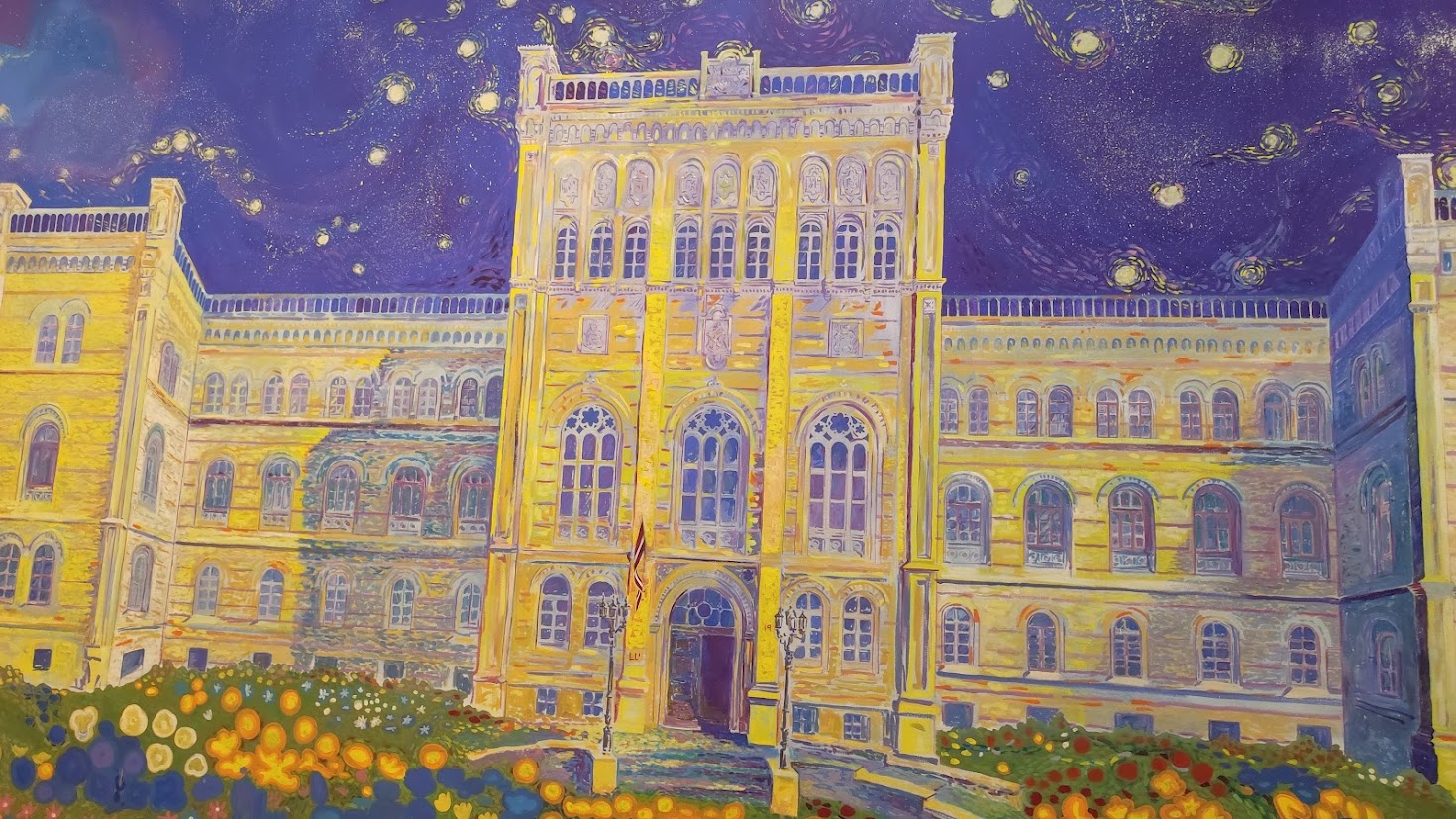On October 3, 2024, an extended meeting of the Department of Psychology took place, at which the results of the study visit to Latvia were considered within the framework of the EU Erasmus+ KA2 project "Strengthening the psychological stability and well-being of universities in (post)war Ukraine / BURN". The participants of the visit are Assoc. Tetyana Borozentseva Assoc. Oksana Hrytsuk, Assoc. Maryna Shkuropat - shared with fellow psychologists and participants of groups providing psychological educational programs interesting ideas on improving the professional training of psychologists based on the results of studies at the University of Latvia at the Faculty of Educational Sciences and Psychology from September 23 to 27, 2024.
The participants of the visit had the opportunity to familiarize themselves with the practice of teaching psychology courses to students, with methods of preventive work with various target groups, techniques of trauma-oriented psychotherapy, methods of psychosocial rehabilitation and the structure of crisis counseling. The guests were shown practical classes on training technologies for bachelors and lecture classes on CBT - a trauma processing technique for masters.
During the visit, the guests from Ukraine visited the Online Crisis Counseling Center, the Safe Childhood Center, which works with both victims of violence and violence prevention programs.
As a result of the study visit, the GIIM team decided to hold meetings with stakeholders to discuss proposals for updating educational programs; update the content of the training workshop for bachelors; to introduce changes in the methodology of teaching the course "Basics of psychological counseling"; to make changes in the content of production practices for bachelors and masters, to update the tasks for the independent work of applicants, using methodological techniques of Latvian colleagues.
